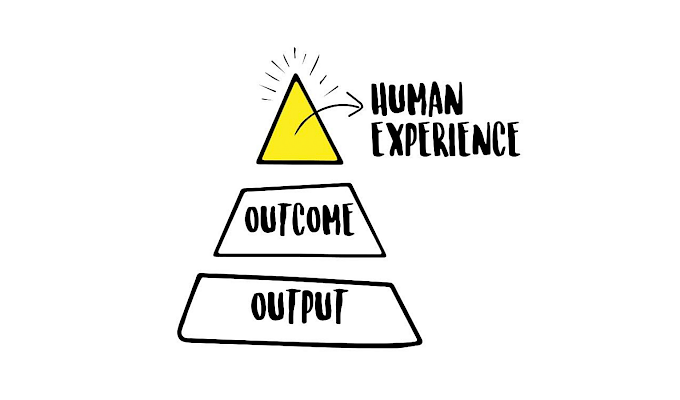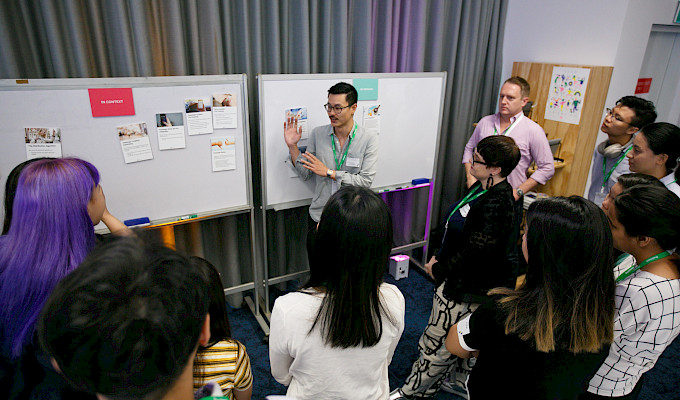Data transparency and notification in practice
Singapore
21st May 2019 at Facebook
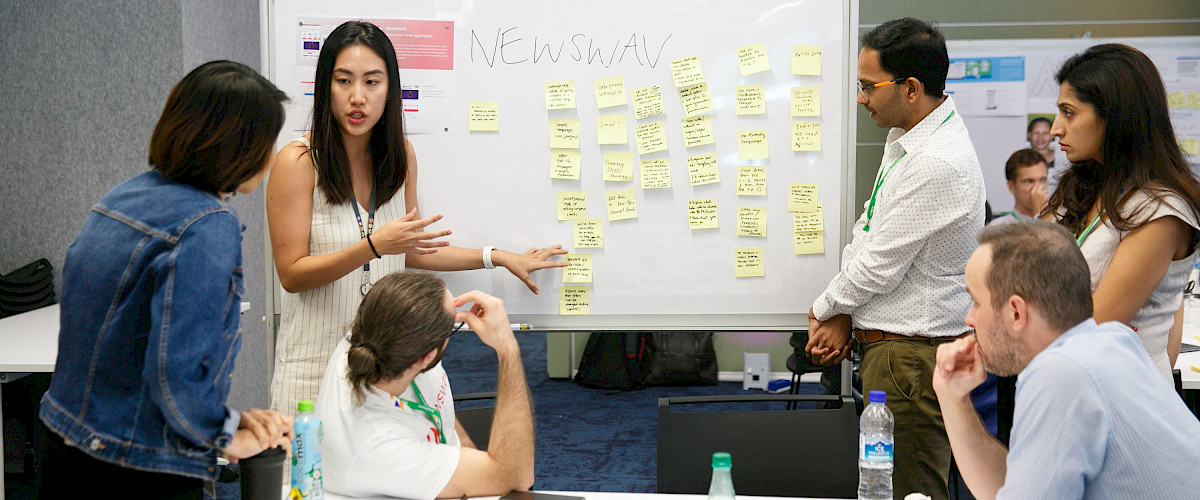
Building on the approach towards privacy in practice developed at Startup Garage Paris, and following the Design Jam in Singapore in 2018, TTC Labs drove a data innovation program with the first cohort of startups at Facebook Accelerator Singapore in partnership with the Info-communications Development Authority (IMDA).
The aim of Facebook Accelerator Singapore is to facilitate privacy innovation for both data-driven services and digital policy, prototyping a first-of-its-kind regulatory sandbox for data-driven innovation.
TTC Labs provide support to accelerator startups around privacy in practice, guiding startups from the very early stages of defining their data-related considerations, to workshopping solutions through a dedicated UX research workshop prior to the Design Jam, and finally providing the resources and expertise to ensure successful implementation through follow-up sessions. Designed by the Labs, it is driven by Craig Walker, a Sydney and Singapore-based design and innovation agency. Both in the lead-up to and following the Design Jam, this continued engagement is vital in helping startups refresh and review their approach to privacy and data through the lens of design.
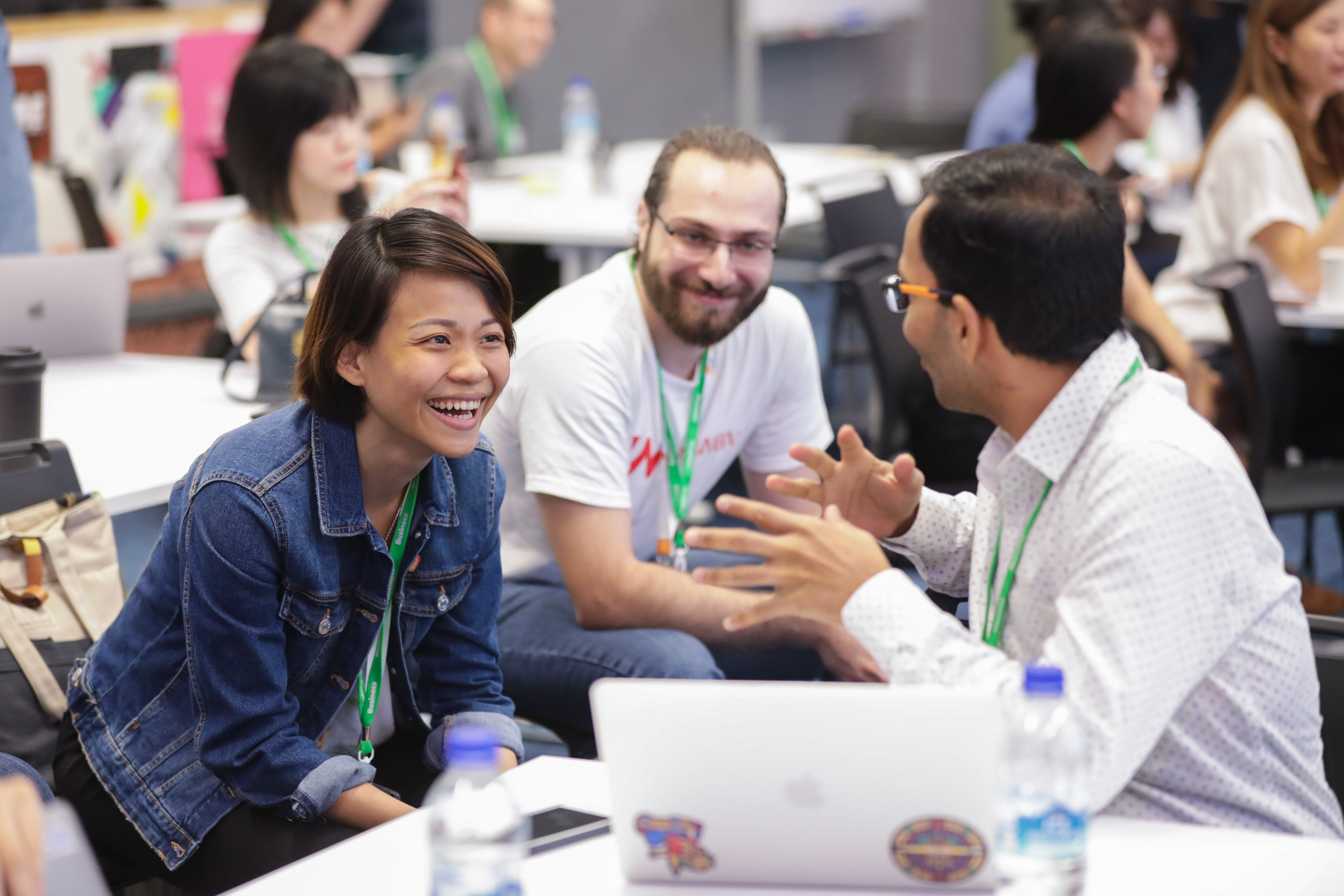
Startups represent a challenging and oftentimes ignored use case for regulation, which are often designed for large technology companies, like Facebook. Data-driven startups share many of the same challenges and constraints as the very largest businesses, which may come up with some of the answers to these challenges, but startups are likely to solve many other problems.
The examination of regulation around data notification and consent mechanisms, which is the focus of IMDA's regulatory sandbox through Startup Station, is a germane area to explore human-centred opportunities and challenges. The ultimate and achievable goal is to fuel innovation and entrepreneurship in novel technology areas while building trust and control.
TTC Labs helps startups to innovate around data transparency and notification through hands-on prototyping, testing and iterating, all the way to implementation. Following the results from the first cohort of startups at Startup Station, the Labs will produce a report on notice and consent synthesising insights from Singapore and from previous work on the topic around the world.
Bring together data-driven startups across multiple industries to design an innovative user interface or interaction for a digital service that provides transparency around consent and notifying people about data use while also providing them with a great user experience.
Startups from Facebook Accelerator Singapore as well as representatives from Facebook. The Design Jam was co-hosted by Singapore's IMDA and we welcomed experts from a variety of disciplines, including the Singapore design community, industry and public bodies such as the Singapore Personal Data Protection Commission (PDPC).
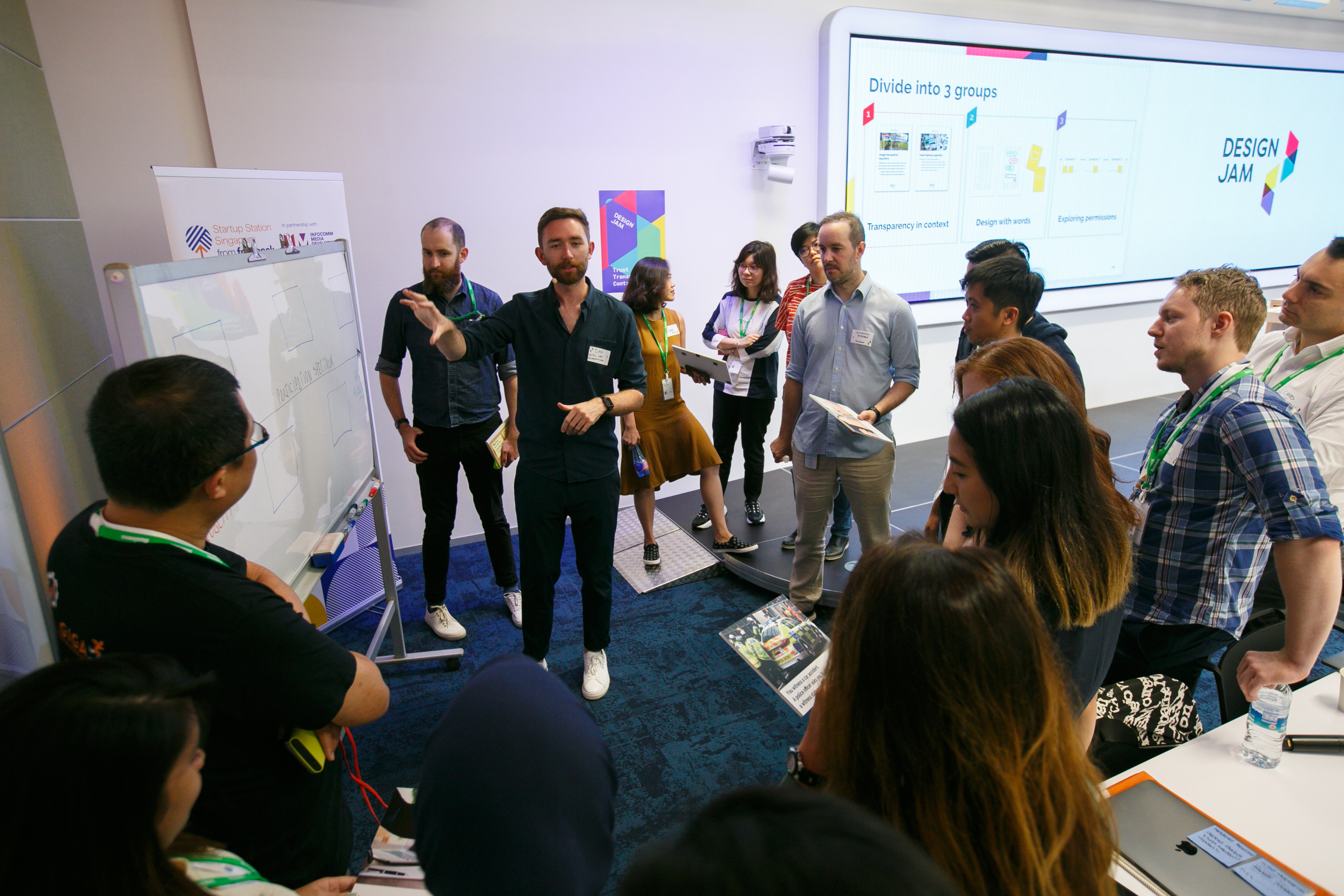
Below is an outline of the stages and exercises that took place at this Design Jam. For everything that you need to facilitate your own workshop, please follow the links to the relevant part of our Toolkit - you can also see how to Build a bespoke workshop exploring consent.
As this Design Jam focussed on real startup businesses based at the accelerator, we needed to collect information to best understand their needs. The weeks prior to the Design Jam, business founders and leads were asked about their opportunities and challenges around data and data protection regulation. Had they looked at new consent flows or built transparency into their service? What areas of their design need the most work, and what would be their ideal output by working with designers and experts? To this end, we helped startups to prepare a Data use brief.
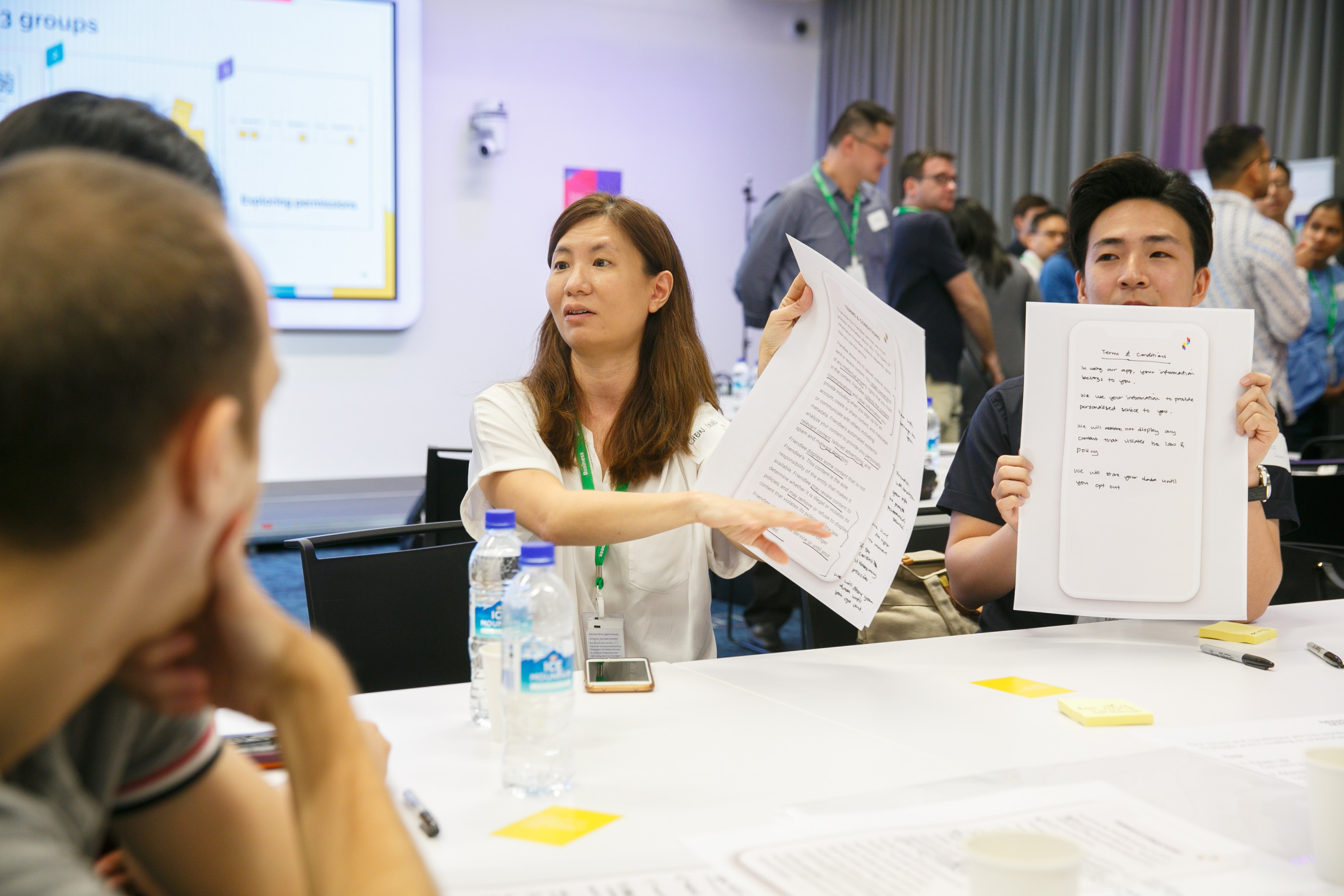
Discover
On the morning of the Jam, participants were welcomed and Introduced to Design Jamming. They then took part in discovery exercises around stations:
A panel discussion was held with the following participants: Wan Sie Lee, Director, Digital Economy Programme Office, IMDA; Kernow Craig, Director, Craig Walker; and Victoria Duchatelle, Design Program Manager, Facebook. All participants worked to Identify opportunities by writing How Might We's on Post-Its during these presentations, and these notes were collected by the facilitation team who placed them on the wall of the day, grouping them into key thematic areas that included:
- How might we focus on developing an iterative and collaborative approach to informing people?
- How might we be subtle but unambiguous through dynamic consent?
- How might we accommodate different levels of expertise and complexity?
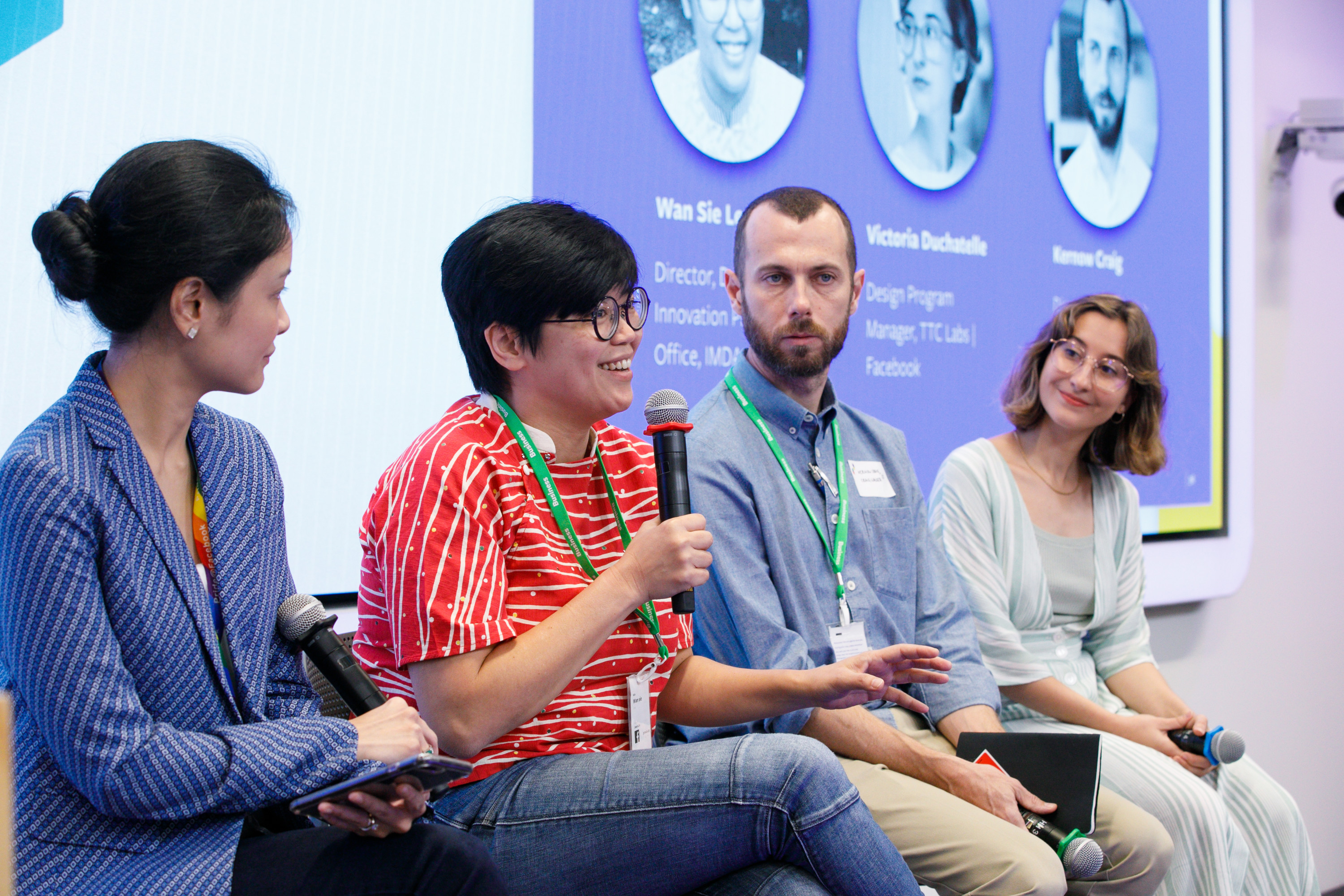
Ideate & Prototype
The group then moved to the Team kickoff, with each team focussing on the businesses and mobile apps of the following startups at Startup Station:
- Jumper.ai -converting conversations on messaging threads to sales
- Allied World Healthcare - providing essential services to underserved communities
- Vouch - giving people personalised experiences in the hospitality and tourism sectors
- Newswav - serving people personalised, localised multilingual news
- Waitrr - allowing people to order and pay for food instore
- DRVR - providing fleet analytics through driver and logistics tracking
- Gigagigs - completing microtasks for market research across shopping experiences
- Envolve - providing small business owners with retail intelligence
Each team ran through a Know your business exercise to identify their brief for the day by interviewing startup founders and leads about their value offering, how their data is currently used to deliver their service and how that data usage is communicated to people.
Each team fed off the insights from the previous exercise to Understand users. Each startup team completed a Data use brief and a Challenge statementto define and refine their focus on a specific part of the challenge for each fictional app.
The facilitators Set brainstorming rules and introduced the teams to Sketching ideas. Teams moved from sketching ideas and receiving Feedback from other teams to Building digital prototypes of a single idea.
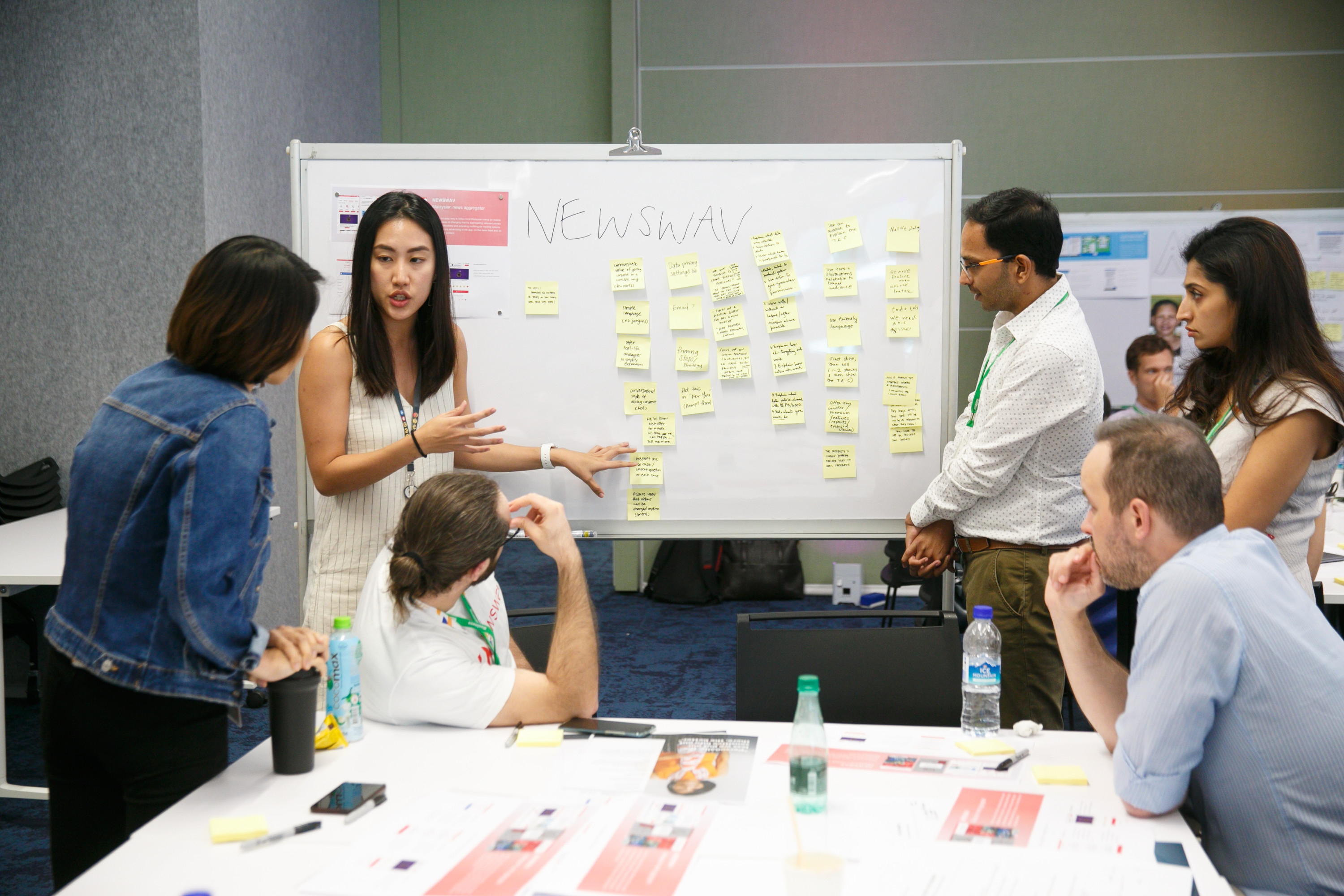
Each team edited presentation slides to Create a pitch, telling the story of their design patterns back to the whole group and receiving Feedback from experts at the end of the day.
After the Jam, TTC Labs continued to work with startups to develop, test and implement their prototypes. You can explore the prototypes as follows:
- Managing data conversions from late registrations - Newswav
- Demo permissions - DRVR
- Desigining a visual consent flow for people with low literacy - Allied World Healthcare
- Tailored data controls on messaging platforms - Vouch
- Explaining the financial value exchange behind data - Gigagigs
- Post-purchase account creation on chat platforms - Jumper

